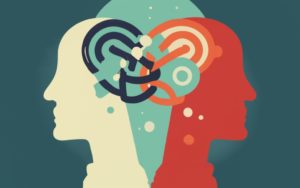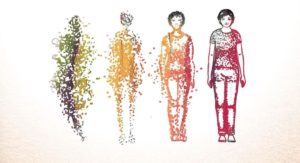NARM (NeuroAffective Relational Model) is an innovative psychotherapy approach designed to treat complex trauma and developmental wounds. If you’re interested in learning more about this revolutionary model, here are some of the best NARM therapy resources:
Websites
- The NARM Training Institute website provides information about the therapy approach, trainer bios, training programs, and a directory to find NARM therapists.
- The NARM Therapy YouTube channel has instructional videos explaining the NARM concepts and techniques.
Overview Articles
12 Questions About NARM, Answered. Interview with with Iris McAlpin, a certified NARM practitioner, to ask her 12 questions about how NARM can help us heal from our childhood traumas, to be more integrated, healthier parents, partners, people.
NARM Podcast
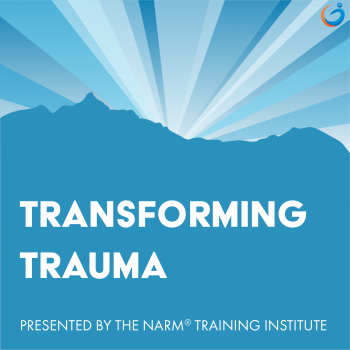
The Transforming Trauma podcast by the NARM Training Institute features in-depth interviews explaining this revolutionary therapy model. If you want to understand NARM therapy, here are must-listen episodes from Transforming Trauma.
1. Become a NARM-Informed Professional
NARM founder Dr. Laurence Heller and senior trainer Brad Kammer explain the core principles and how to get trained in the NARM approach.
2. Dr. Laurence Heller in Conversation with Dr. Gabor Maté
Dr. Heller discusses NARM fundamentals and the future of trauma therapy with renowned expert Dr. Gabor Maté.
3. Internal Family Systems (IFS) and NARM
Dr. Heller compares NARM to the popular IFS model with IFS founder Richard Schwartz.
4. Spirituality in the Healing of Complex Trauma
Dr. Heller directly addresses how spirituality relates to using NARM for trauma healing.
NARM Books
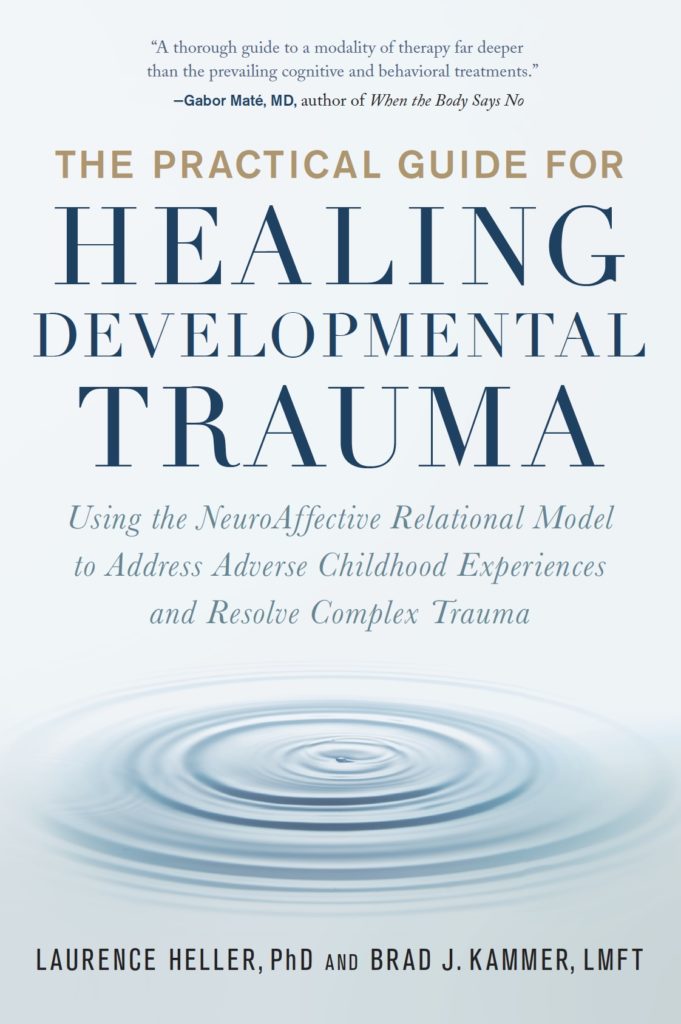
The Practical Guide for Healing Developmental Trauma
by Laurence Heller and Brad Kammer
An accessible introduction to the NARM model, an integrated mind-body framework to help clients overcome complex trauma from adverse childhood experiences.
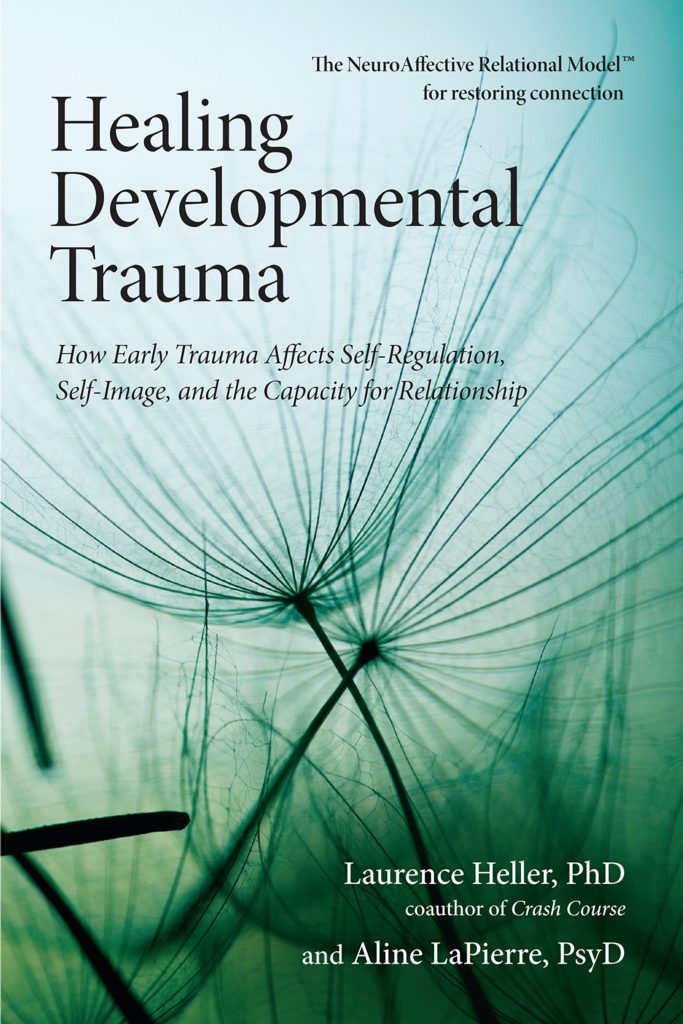
Healing Developmental Trauma
by Laurence Heller and Aline LaPierre
Most challenges can be traced to five biologically based organizing principles: the need for connection, attunement, trust, autonomy, and love-sexuality. They describe how early trauma impairs the capacity for connection to self and others and how the ensuing diminished aliveness is the hidden dimension that underlies most psychological and many physiological problems.
Trauma and the Body by Pat Ogden – Explains sensorimotor psychotherapy compatible with NARM.
I recommend starting with The Practical Guide for an accessible overview. For more extensive learning, Healing Developmental Trauma is the go-to NARM handbook.



